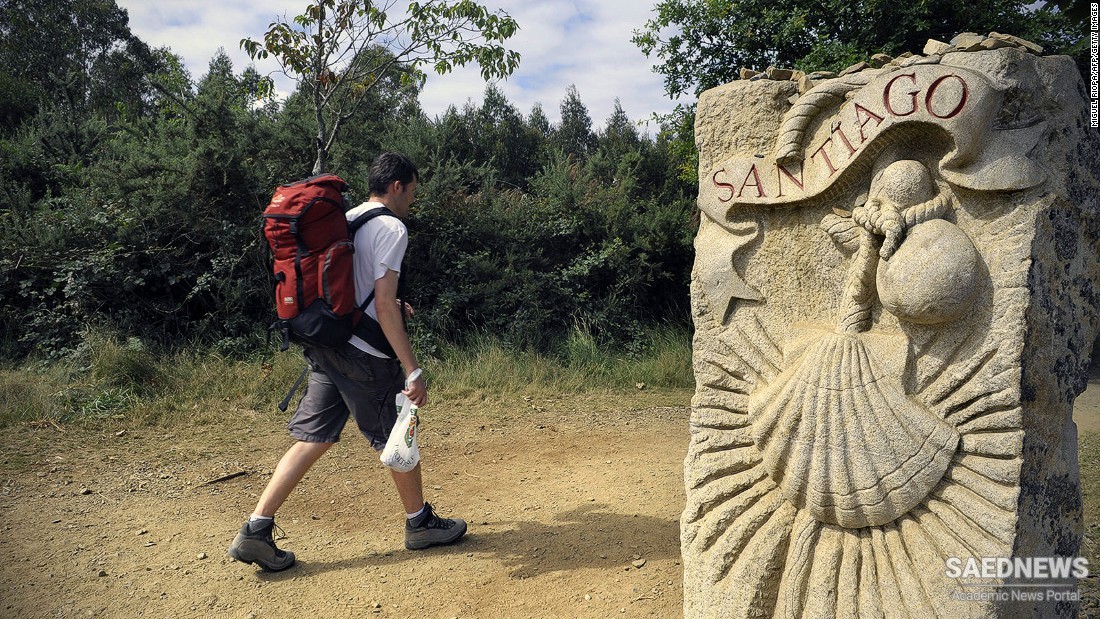In the 1990s, new ideas and concepts were incorporated into pilgrimage research, including: a continuum of travel from “pilgrim as a religious traveller” to “tourist” as a vacationer; the heterogeneity of pilgrimage and pilgrimage as an arena for competing religious and secular discourses; two different types of pilgrimage centres – the formal and the popular; the complex relationship between pilgrimage and tourism and the similarities and differences between the tourist and the pilgrim; the relationship among religion, pilgrimage, and tourism; and de-differentiation. Beginning in the 2000s, the definition of pilgrimage has come to accommodate both traditional religious and modern secular journeys, as researchers began to discuss the modern ideas of pilgrimage in the context of spiritual rather than religious motivations and actions. As more and more research has shown, large numbers of tourists are seeking a variety of experiences, including enlightenment, knowledge, improved spiritual and physical well-being and challenge. During this period, scholars have generated new knowledge about secular pilgrimage sites and secular aspects of pilgrimage research. The current literature understands pilgrimage as a holistic phenomenon with religious and secular foundations that encompasses sites that can emerge from both religious and secular contexts. Over the past decade, the word “pilgrimage” has become widely used in broad secular contexts. Scholars have begun to think about other forms of pilgrimage, such as spiritual tourists; “New Age” spiritual travel for pilgrimage, personal growth, and non-traditional spiritual practices; and increasing research on modern secular pilgrimage, in which the search for the miraculous is a trait shared by religious and secular pilgrims alike. All pilgrims are engaged in a quest for a mystical or magical religious experience – a moment when they experience something out of the ordinary that marks a transition from the mundane secular world of their everyday existence to a special and sacred state. These experiences can be described as transformation, enlightenment and life-changing orconsciousness-changing events, although words appear to be inadequate to truly describe such experiences, which often defy reason (Source: Pilgrimage tourism-past, present and future).


 Economic Relevance of Pilgrimage Tourism
Economic Relevance of Pilgrimage Tourism














































